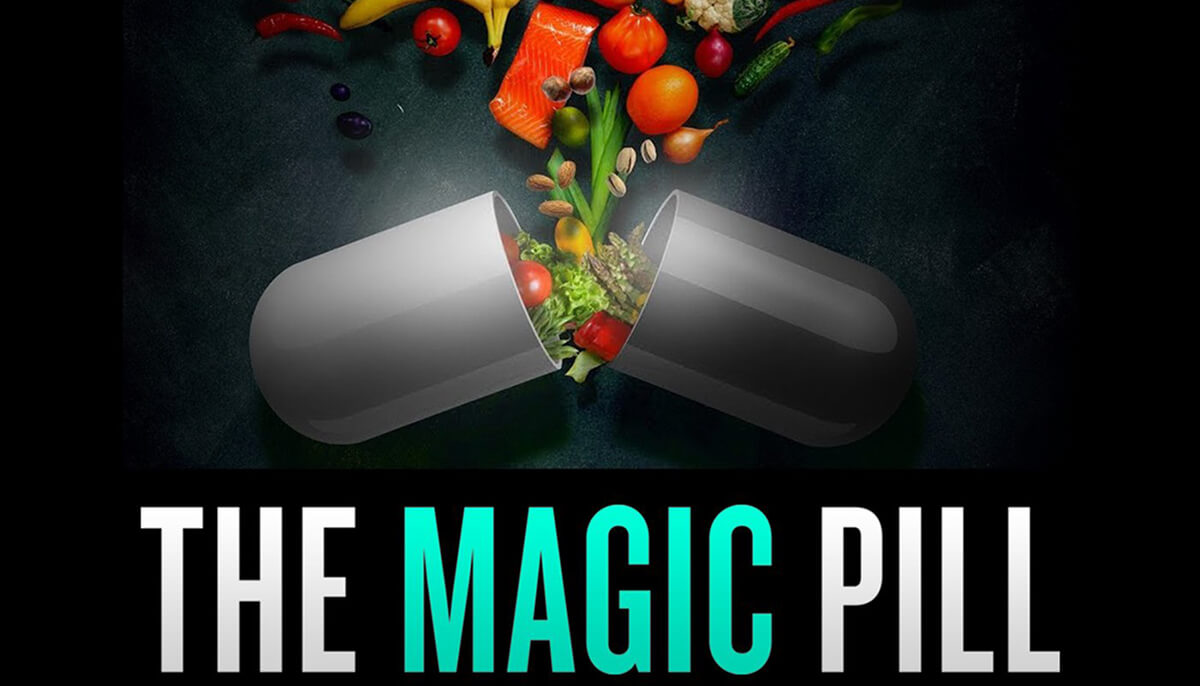Registered Dietitian Nutritionists Analyze Claims in the Popular Netflix Documentary

By: Megan Holdaway, RDN
The Silicon Valley Registered Dietitian Nutritionist's Book Club reviewed the 2017 Netflix documentary, The Magic Pill. The documentary, featuring celebrity chef Pete Evans, promotes a high-fat, low-carb diet more commonly known as the paleo or keto diet, and it recommends this way of eating as the solution for many modern-day ailments. The film makes this claim based on the premise that processed food is not “natural” and that dietary intake should align with human history as hunter-gatherers.
The documentary opens with a disclaimer stating that the personal stories depicted in the film are anecdotal; it makes no claims that the results featured are typical.
The people shown in the film have very serious health issues such as diabetes, autism, seizure disorders, ADHD and more. Before changing their diets, their food choices were very high in added sugars and processed foods and low in fresh foods. They were also taking many medications. The premise of this documentary is that food is the magic pill, and by changing eating patterns, people can live a healthier lifestyle and stop taking so many medications.
The Magic Pill is entertaining and includes elements of truth; however, we cannot recommend it since it also includes too many inaccurate or misleading statements that are not based on consensus science.
The healthy eating pattern recommended in the Dietary Guidelines for Americans include nutrient-dense foods from all of the food groups: Dairy, Vegetables, Fruits, Grains and Protein. These healthy eating patterns aid in optimal growth and development and reduce the risk of chronic disease.
To learn more from registered dietitian nutritionists on timely nutrition topics, subscribe to the Let's Eat Healthy Ask a Nutritionist video series.

Megan Holdaway, RDN
Megan Holdaway, RDN
Megan Holdaway is a registered dietitian nutritionist and the Nutrition Science Program Manager at Dairy Council of California.
In today's society, it's vital to engage teenagers in experiential nutrition education to guide them toward making nutritious food choices.

At Dairy Council of California, we understand the importance of culturally diverse foodways and the role dairy plays in these cultures.

Subscribe to our blog to stay up to date on the latest news, products, and more.